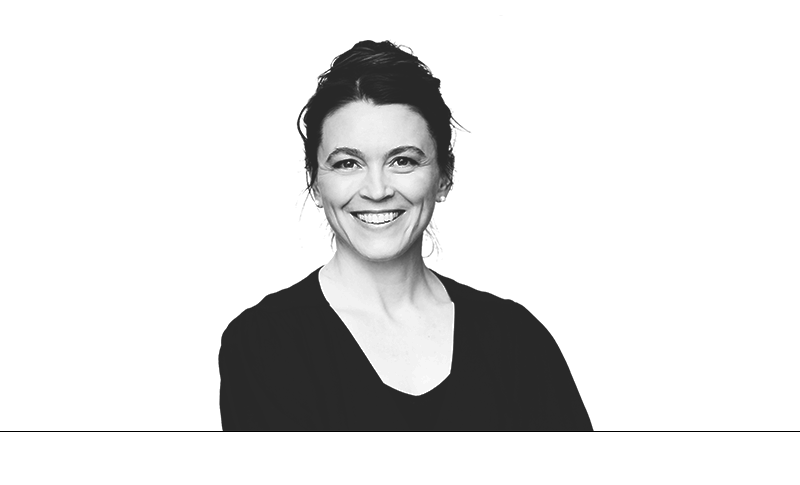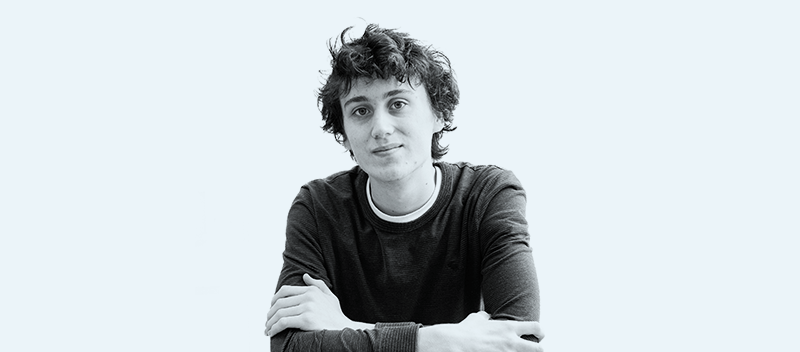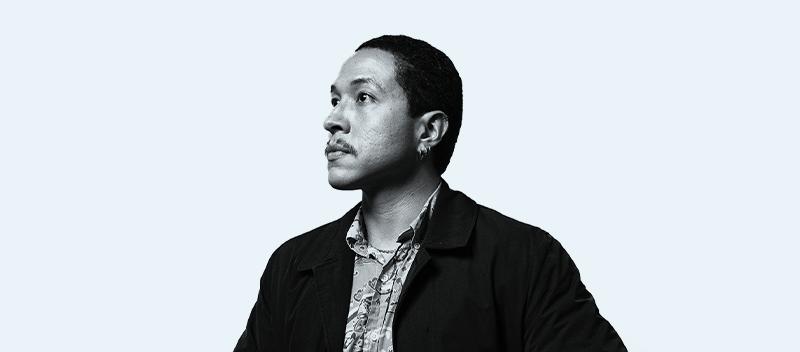A whale shark can swim by without my noticing it. During a research dive, my mask is glued to the seabed while I study the reef. Total tunnel vision. That’s why I take some time off during the last minutes of dives. Just to swim around, admire the surroundings, and take photos of beautiful shapes, regardless of their scientific value. ‘I discovered in nature the nonutilitarian delights that I sought in art.’ Nabokov phrased it perfectly.
Above water, in the academic world, we don’t allow enough time for this kind of intellectual wandering. Mostly, I see everyone running in an effort to achieve excellence in all required tasks – research, writing, acquisition, supervision, teaching, committee work. By now it is well known that new ideas flow not just from rational thought but also from associative and intuitive thinking. Yet we still consistently overrate the role of rationality in our decision-making. Of course, hard scientific skills, knowledge and facts are the basis of what we do, but scientific breakthroughs generally come from a balanced mix of rationality and adventurous association.
The creative process of indirect associations depends strongly on your state of mind. It requires some empty space. Darwin, for example, had a ‘thinking path’ that he walked along twice a day. Creativity is rarely discussed in our education, which is entirely geared to rationality. Our violin-playing professor at WUR, Marten Scheffer, even calls the creative process in science the forgotten half of scientific thinking. His advice: embrace the unexpected, create the conditions for creativity, resist dogma. And have a look at how artists do things.
My first collaboration with artists forced me to reflect on questions I would otherwise never have posed. A writer asks me how we could find out whether aliens have evolved into human form.
Scientific breakthroughs come from a mix of rationality and adventurous association
An artist wants to know what form biodiversity will take on in 100,000 years. Art brings anarchy, anything is possible. Louise Fresco also emphasizes that art can provide a surprising new perspective on a subject you thought you knew well.
My hope for 2022: more footpaths, more chance encounters, looking up more often. Who knows, a whale shark might swim by.
(Edited version of a column that previously appeared in De Volkskrant newspaper)
Lisa Becking is an associate professor at the Aquaculture and Fisheries group, a researcher at Wageningen Marine Research and a member of the national Young Academy (Royal Netherlands Academy of Arts & Sciences). She has an eye for art above and below sea level.

 Text: Lisa Becking
Text: Lisa Becking 
